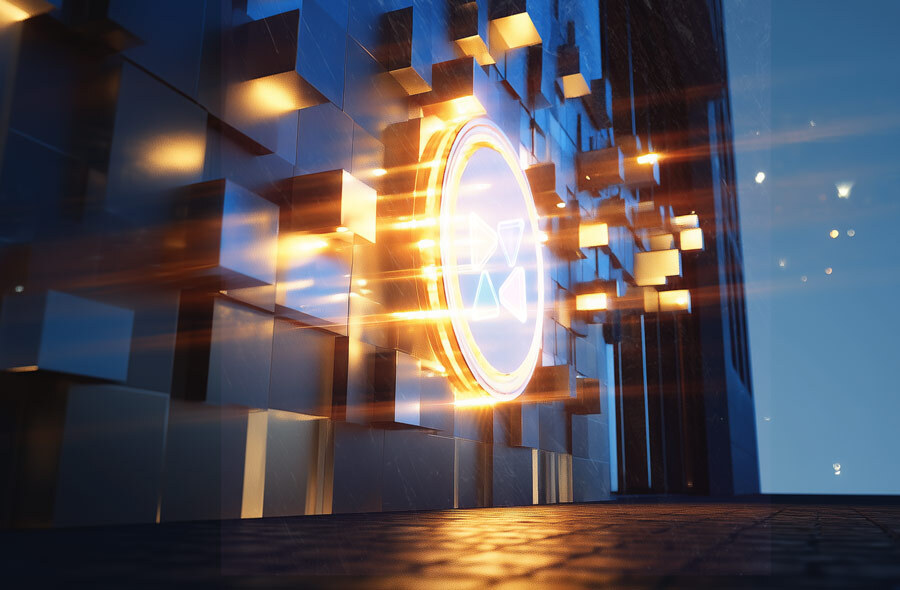The Real-World Asset Solution
RWAs represent a virtually unlimited and untapped market to be connected to DeFi. Consider that material items, such as real estate, or non-physical things, such as invoices, can now be tokenized as non-fungible tokens (NFTs), this can unlock previously inaccessible liquidity quantifiable in trillions of dollars. Bringing this TVL to DeFi will be key to solidifying DeFi as a real competitor to TradFi.
Bridging real assets to DeFi serves as an alternative capital source benefiting businesses struggling to access finance. Additionally, the introduction of tangible assets offers peace of mind to those with a more conservative risk appetite who may have been observing from the sidelines, looking to get on board through a more unassailable route. RWAs in DeFi provide stable returns uncorrelated to the greater cryptocurrency market. The integration of RWAs into DeFi adds a renewed level of stability, equality, and accessibility that will allow mass adoption. RWAs stand to impact the entire industry substantially and they will be an essential part of the future of DeFi.
The Role of Defactor
Many traditional businesses lack the tools and expertise to manage digital assets or interact with DeFi protocols, limiting their ability to unlock liquidity from real-world assets. Defactor provides a complete toolkit for tokenization, enabling enterprises to mint, manage, and utilize tokenized assets within decentralized finance. By simplifying blockchain integration, Defactor empowers institutions to engage stakeholders, access open finance opportunities, and optimize asset management without the need for deep technical knowledge. This streamlined approach accelerates the adoption of DeFi for traditional businesses, unlocking new capital efficiencies and contributing to the growth of DeFi’s total value locked (TVL).
Final Thoughts:
The introduction of RWAs not only provides stable, uncorrelated returns but also makes DeFi more appealing to risk-averse users and traditional institutions. Platforms like Defactor play a key role in this transition, offering the necessary tools to tokenize, manage, and utilize RWAs within DeFi.
Updated on 14/03/2025: This article has been revised for grammar and structure.









